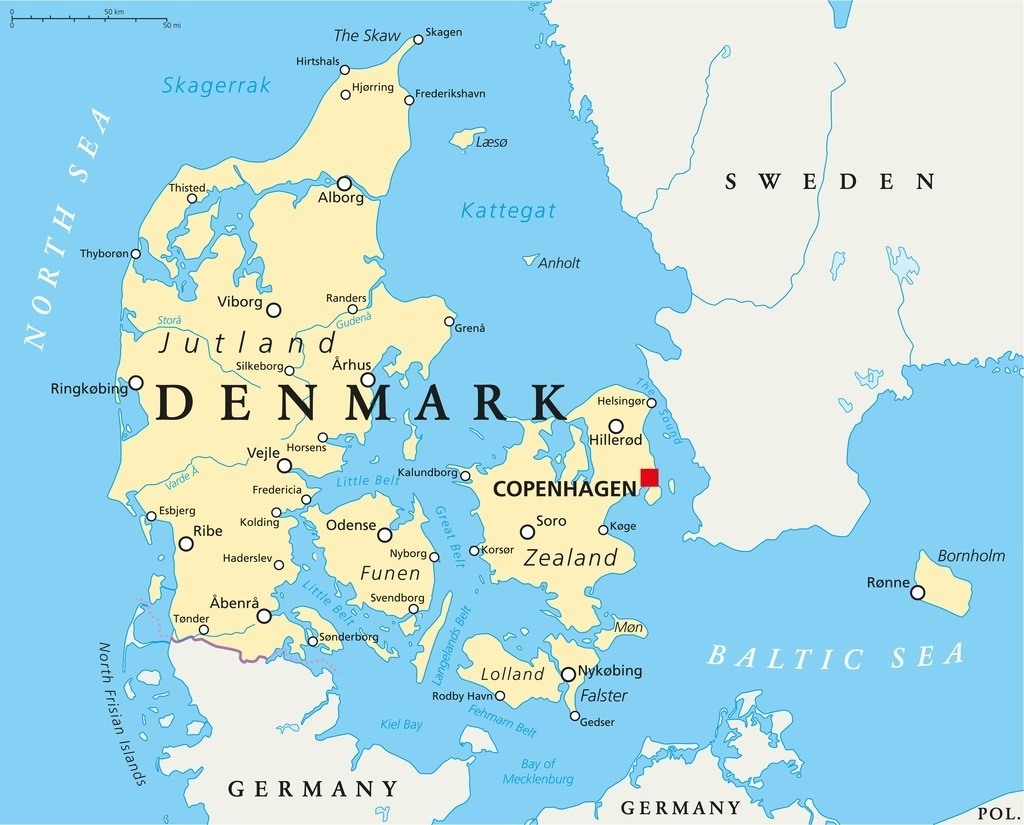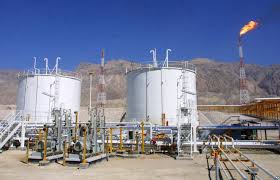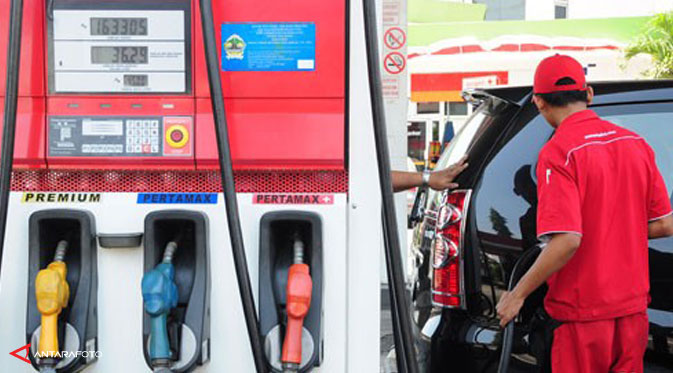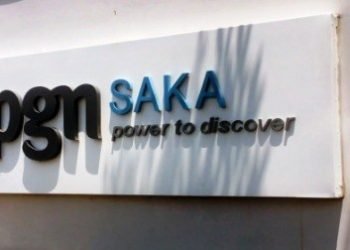Eksplorasi.id – Denmark is ready to invite foreign buyers to its North Sea oil and gas fields as the government looks for ways to ensure tax flows continue after its two biggest energy companies put their petroleum assets up for sale.
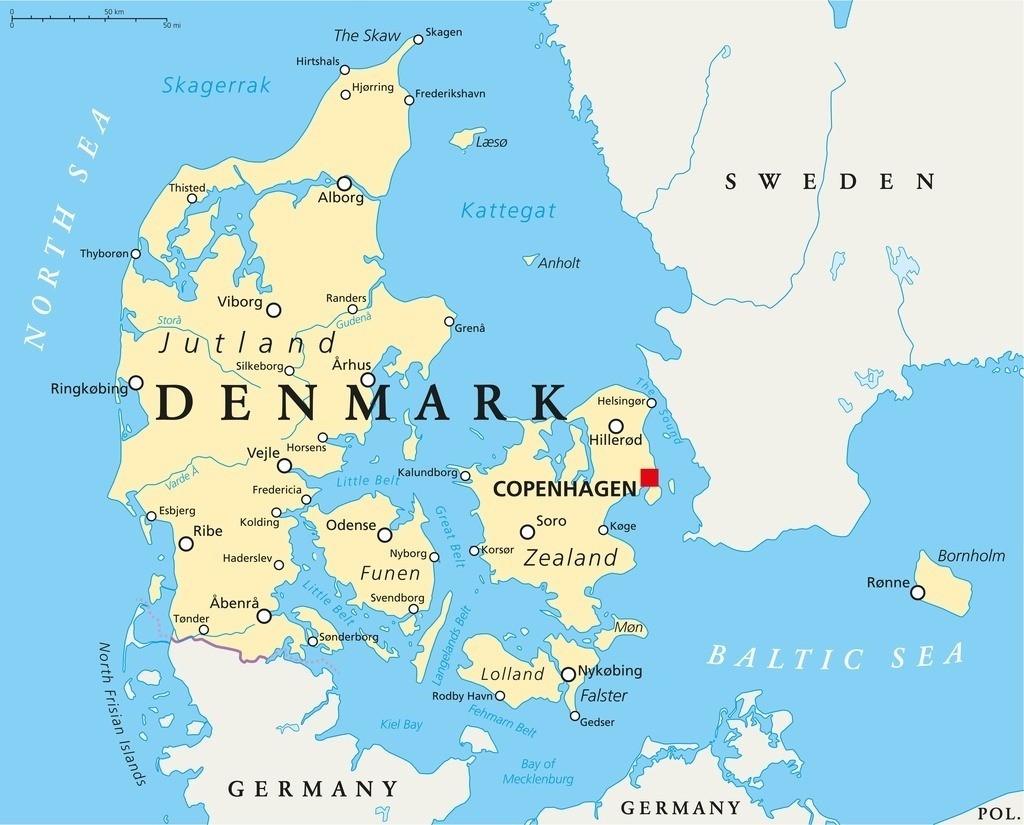
“Our priority is that the oil in the Danish North Sea will be extracted so that we have assets to tax,” René Christensen, who’s the finance speaker for the biggest party in Denmark’s ruling bloc, the Danish People’s Party, said in an interview in Copenhagen. “It doesn’t matter much to us if an oil producer is Danish or not.”
The nationalist Danish People’s Party, on which Prime Minister Lars Løkke Rasmussen’s minority government relies to stay in power, won’t make any conditions that oil and gas assets need to stay under Danish control, Christensen said.
Energy Minister Lars Christian Lilleholt told Bloomberg that new operators would only need to meet certain financial and technical criteria to be approved. There are no limitations on offshore buyers, provided European Union sanctions against Russia aren’t breached, he said.
Dong Energy A/S, a state-controlled utility that went public in June, has tried and so far failed to sell its exploration and production unit as the company focuses on green energy.
Meanwhile A.P. Moeller-Maersk A/S, Denmark’s biggest company, last month revealed a new strategy that entails divesting its E&P unit, which pioneered the country’s North Sea oil exploration. Bankers have advised Maersk and Dong to consider merging their two unwanted units.
“There are no easy answers” in deciding how to dispose of Dong’s oil and gas assets, Christensen said. “But what’s important for us as the owners, is that someone actually shows an interest in extracting our underground resources. If nobody cares, the assets are worthless, but if someone can make a business out of it , the assets become valuable.”
Chevron Corp. and Royal Dutch Shell Plc. already own substantial stakes in Danish North Sea fields under the DUC partnership with Maersk as the operator. Only one of the producing North Sea fields has a non-Danish operator, which is New York-based Hess Corporation.
Since production started in the early 1970s, the Danish government has collected more than 400 billion kroner ($60 billion) in combined revenue from oil and gas in the North Sea. Annual income peaked at 36.5 billion kroner in 2008 but has since plunged to just half that in 2014, according to the Danish Energy Agency.
“We want the marginal fields to be developed as we want as much oil as possible,” Christensen said. “We’ll need to know what will come instead of a Dong ownership, what obligations that entails and what a new ownership will mean for tax revenue.”
Finance Minister Claus Hjort Frederiksen said a year ago — before Dong’s initial public offering — that he would resist foreign owners. He gave Russia’s Gazprom as an example of a potential buyer that wouldn’t be unwelcome, and said the government held the same attitude toward “equivalent” suitors. No major foreign company bought a stake in connection with Dong’s June IPO, according to regulatory filings.
Source : Bloomberg


